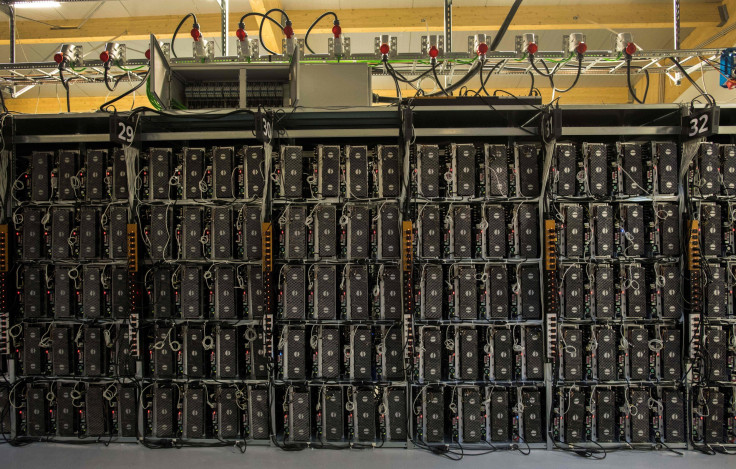China Confiscates 7,000 Crypto Mining Machines; Bitcoin Mining Tools Use 40 Times More Electricity

KEY POINTS
- Chinese authorities seized crypto mining computers stealing electricity to power operations
- The total amount of mining equipment captured by authorities was close to 7,000
- The electricity stolen by the mining machines were 40 times more than what the average family consumes
The crusade against crypto mining in China isn't over, and although it's no longer a crime to set up mining operations in the country, stealing energy to power mining computers is still, needless to say, punishable by law -- which is the same for any other country.
In the Kaiping District of Tangshan city, close to 7,000 crypto mining machines and 52 high-powered transformers were confiscated by Chinese authorities. The investigation that started in April 2018 had the Tangshan police, State Electric Power Department and other authorities scour 70,000 households, 1,470 communities, 3,061 merchants, courtyards, mines, factories, and villages for questionable electricity use, according to a report by news outlet CCTV.
And as it takes excessive amounts of electricity to sustain a crypto mining business, authorities tracked those that far surpass the average family consumption. Those specialized computers were operating on a 24-hour basis, eating up electricity at a rate of 40 times higher than the standard household, and again, what's worse is those miners are getting that power supply for free via stealing from the village.
The authorities initially seized 1,906 bitcoin mining computers, followed by 790 more, and all in all, a total of 6,890 bitcoin mining machines were taken by the Chinese authorities.
Back in April, the country was mulling over whether to remove mining altogether, and in September, China even warned Inner Mongolia to terminate its mining enterprises. This was grave news for Chinese miners as the whole country accounts for 60% of Bitcoin's global hash rate (50% in Sichuan and the 10% is split between Yunnan, Xinjiang, and Inner Mongolia, per Coinshares) or the processing power of the Bitcoin network.
But last month, the crypto market applauded a report that China is no longer banning crypto mining. The latest edition of the state regulator's Industrial Structure Adjustment Guidance Catalog removes crypto mining as an industry that the country wants to eliminate. China's position on crypto is still somewhat unclear though. Their president likes blockchain, the country tolerates an ancillary activity in bitcoin mining, there's a plan to create a cryptocurrency of their own, and yet, Chinese authorities had shut down the office of the world's leading crypto exchange Binance in November.
© Copyright IBTimes 2024. All rights reserved.




















